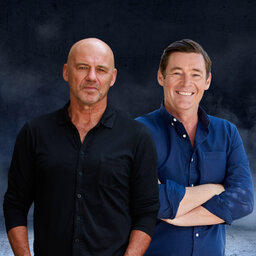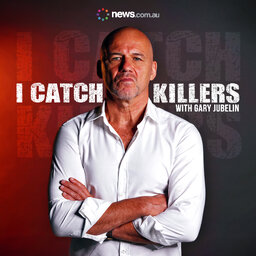Fighting one of the biggest killers: Dr Vince Hurley Pt.1
When Vince Hurley was in the police, he went to 20 domestics in one night. He once held a 10 year old child in his arms as she died from stab wounds inflicted by her father. Although his detective career ended when he was pushed off a roof by crooks, Vince is now unmasking the dark truth of injustice in Australia: women killed at the hands of men.
Can’t get enough of I Catch Killers? Stay up to date on all the latest crime news at The Daily Telegraph.
Get episodes of I Catch Killers a week early and ad-free, as well as bonus content, by subscribing to Crime X+ today.
Like the show? Get more at icatchkillers.com.au
Advertising enquiries: newspodcastssold@news.com.au
Questions for Gary: icatchkillers@news.com.au
Get in touch with the show by joining our Facebook group, and visiting us on Instagram or Tiktok.
In 1 playlist(s)
I Catch Killers with Gary Jubelin
After 25 years working in homicide, former Detective Chief Inspector Gary Jubelin is sitting down ac…Social links
Follow podcast
Recent clips

Russian roulette with robbers, and a 53-hour hostage negotiation: Glen Potter Pt.2
57:05

Catching the Postcard Bandit, twice: Glen Potter Pt.1
1:08:26

Murdered out of boredom: Mike Amor Pt.2
59:56
 I Catch Killers with Gary Jubelin
I Catch Killers with Gary Jubelin